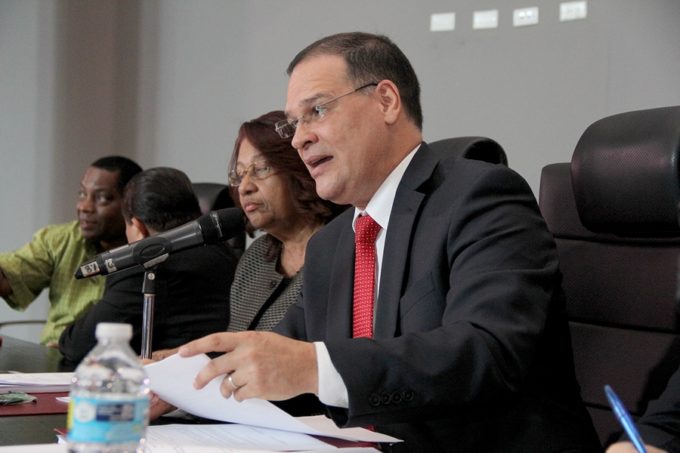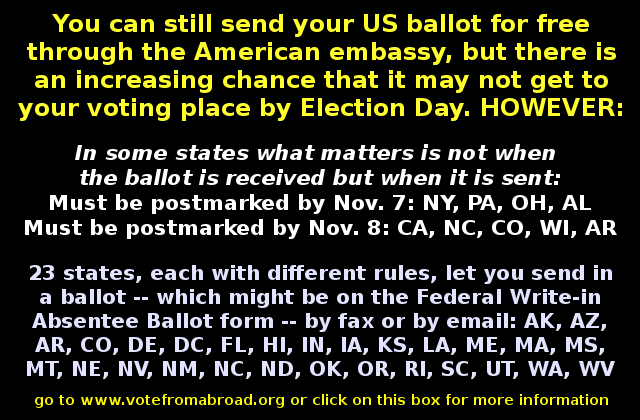
PRD elects rival deputies at its head, but the “dissident” seems to have the upper hand
by Eric Jackson
What’s the most important party office for Panama’s Democratic Revolutionary Party? At its inception all of those technicalities paled before the power of the commander of the Panama Defense Forces. After the 1989 invasion until the wake of the 2014 elections, it was the secretary general. Then legislator Benicio Robinson tightened his grip on the party presidency and by some rule changes and the acceptance of a pliant secretary general (Carlos Pérez Herrera) he assumed much of the role that the secretary general had previously played. But Robinson then lost control over much of his party’s legislative caucus, much meaningful influence over the legislature and prestige in the eyes of a lot of party members via his suggestion of an alliance with fugitive former President Ricardo Martinelli.
In a showdown that culminated in an October 30 party congress, slates led by Robinson and the leading PRD dissident legislator, Pedro Miguel González, did battle. But they didn’t actually run against one another. Robinson sought re-election as president with former President Ernesto “Toro” Pérez Balladares on his slate as the candidate for secretary general, while González sought the secretary general post on a slate with former health minister Camilo Alleyne running for president. More than 4,000 delegates were eligible to vote and the elected both Robinson and González, with 2,112 votes and 2,413 votes respectively.
The individual vote counts may not much reflect their relative prestige within the party, because González was surely boosted by that very Panamanian sentiment that one term as president of the republic should be all that a person gets. As he did on his way to the presidency in 1994, Toro sought to use the secretary general post as his stepping stone. But as the general electorate decided in the 1998 re-election referendum, the PRD delegates decided that Panama has had enough of Toro. Pérez Balladares apparently recognized the significance of the delegates’ decision in a Twitter message: “The party has chosen its course. They didn’t share my vision. I respect them and I wish them luck.”
If Toro is now effectively out of the running for the 2019 PRD presidential nomination, that leaves former agriculture minister Laurentino “Nito” Cortizo as the top contender in the polls, with some people mentioning Comptroller General Federico Humbert as another possible candidate. Cortizo quit over the US-Panama Trade Promotion Agreement, whereas Humbert has impeccable establishment credentials. González said that the PRD would return to its roots as the party of the campesinos and indigenous people but that characterization would surely be disputed from several angles.
It does appear, however, that the González slate has more votes than the Robinson people at the sharply divided upper levels of the party. Robinson’ pliant secretary general? Carlos Pérez Herrera sought to be the party’s first vice president, serving under Robinson, but he was defeated by Doris Zapata of the González slate, 1,975 to 1,551 in a three-way race. González ally Miguel Sierra won the second vice president post, and by most counts, including González’s without any expressed contradiction from Robinson, there will be the votes to revise the party statutes and presumably trim the powers that Robinson added to the presidency.
In the legislature there seems to be a truce within the PRD, with both factions closing ranks to block the Panameñista choice for a new magistrate on the Electoral Tribunal, a deadlock that probably means a special legislative session to deal with that appointment and the also stalled changes to the Electoral Code. An attempt at a package deal on those matters is to be expected and it might signal a new set of alignments in the National Assembly.
~ ~ ~
These announcements are interactive. Click on them for more information.










